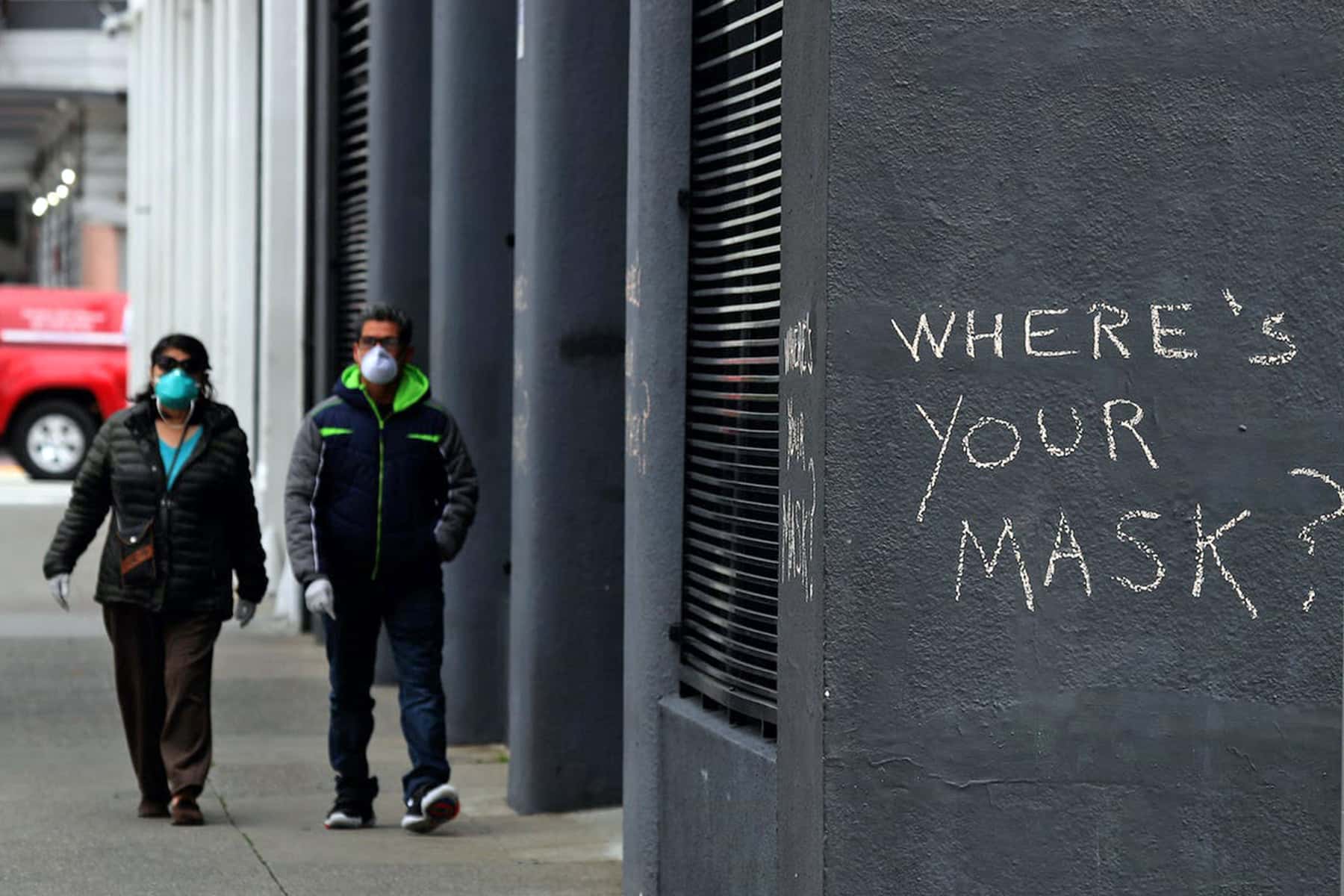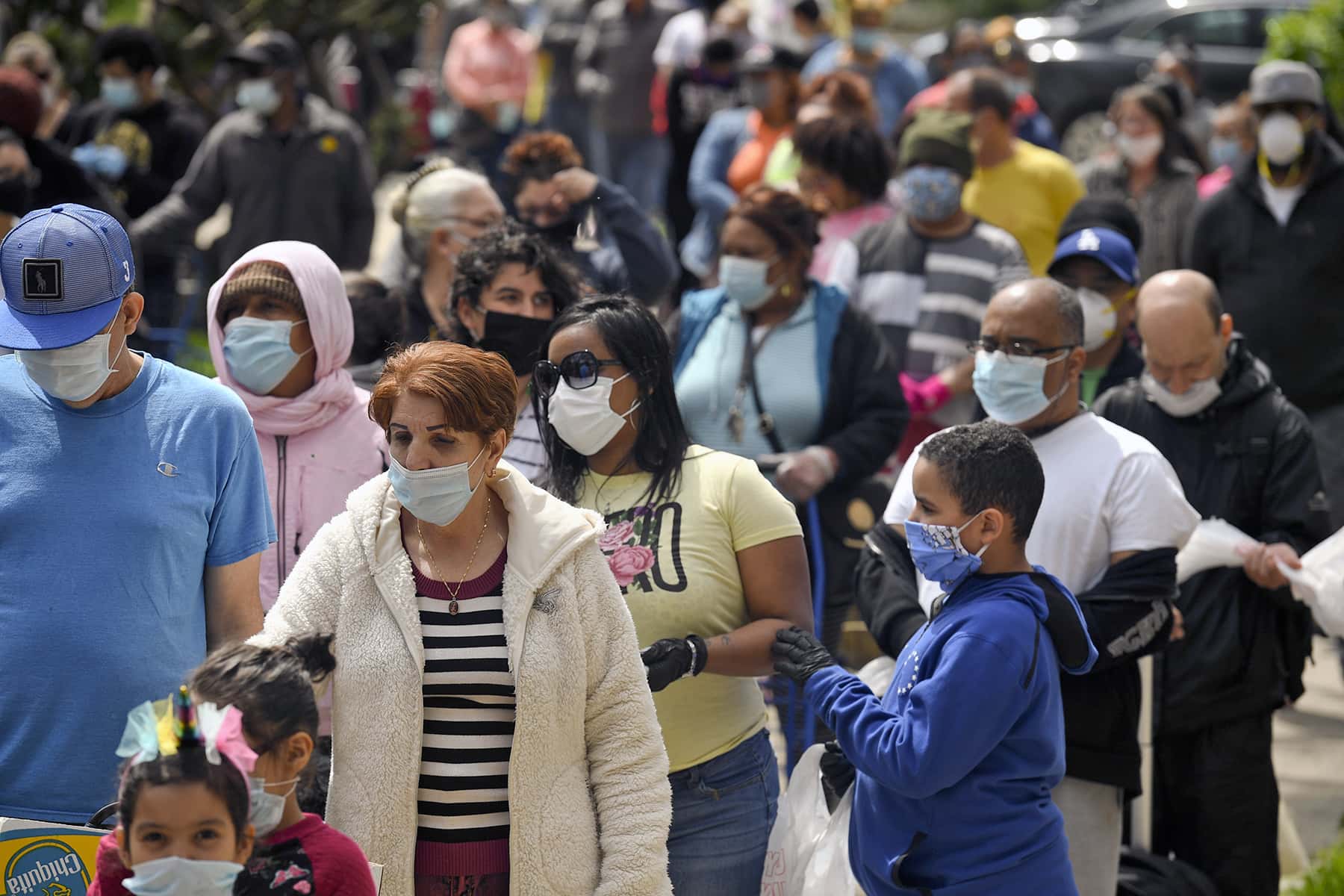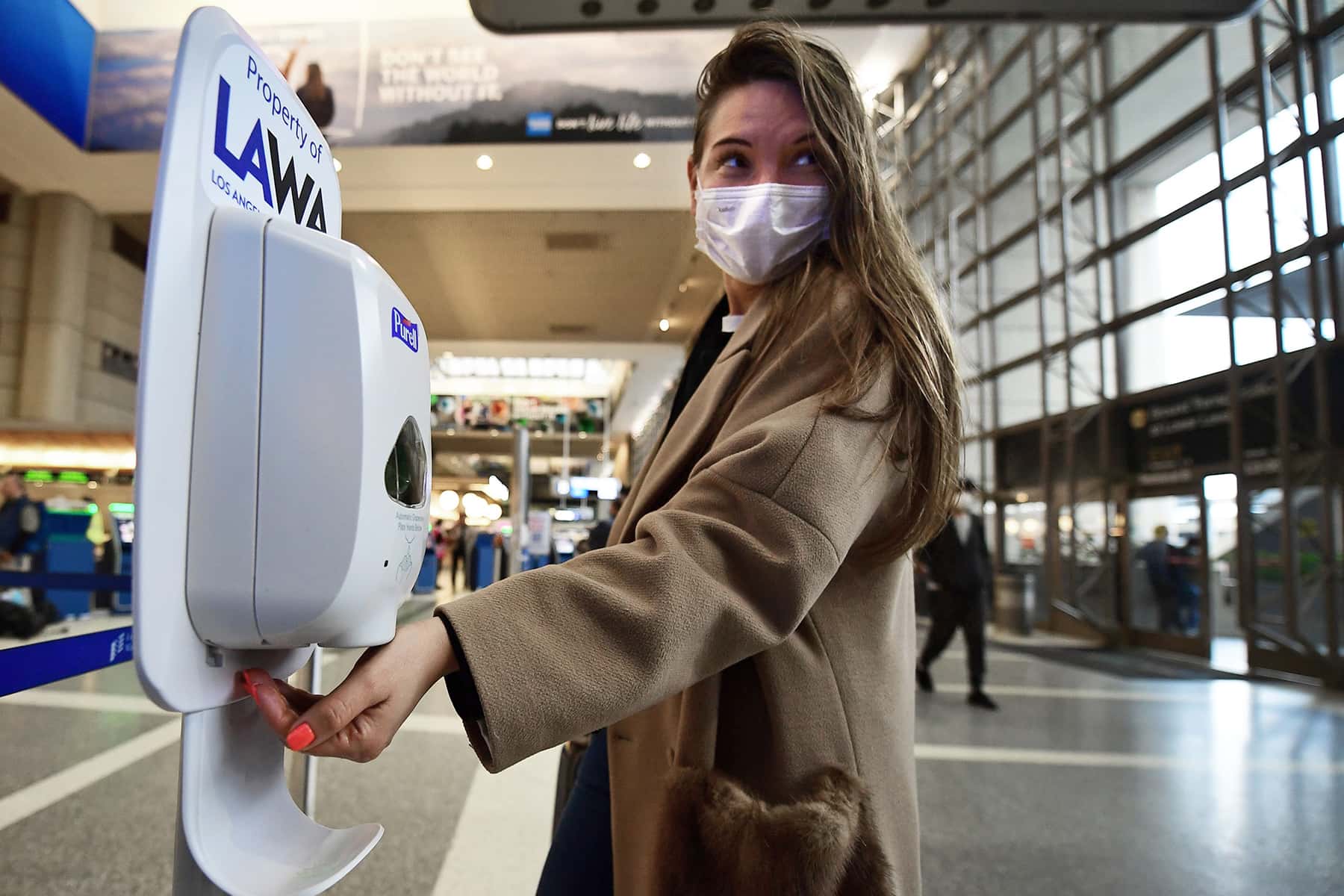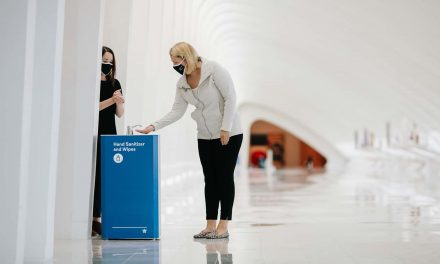
By Vivian Zayas, Associate Professor of Psychology, Cornell University
The effects of the coronavirus pandemic will be “imprinted on the personality of our nation for a very long time,” predicted Anthony Fauci, director of the National Institute of Allergy and Infectious Diseases.
No doubt in the future people will mourn those who have died and remember the challenges of this period. But how would COVID-19 shape people’s personalities – and into what? I am a psychology researcher interested in how people’s minds shape, and are shaped by, their life circumstances. Human beings are born into this world ready to deal with basic problems – forming close relationships, maintaining status in groups, finding mates and avoiding disease. People are adaptable, though, and react to the circumstances they find themselves in.
Psychological research suggests that concerns about COVID-19 and social distancing are likely to affect how much people want to socialize with others, what they desire in partners and relationships, and their preferences for more conventional thinking over openness to new experiences.
Psychological traits to keep you safe
Infectious diseases have always posed a threat. As a result, human beings have evolved a physiological immune system designed to detect and defend against pathogens. This is the realm of antibodies, white blood cells and fevers. But combating disease requires a lot of physiological effort. This can be a costly trade-off for a body, leaving fewer resources for other life demands, including growth and reproduction.
These physiological defenses are also a reactive strategy with risks. At worst, the immune system can fail, leading to disability or even death. But it can also weaken and become ineffective or even paradoxically work against you, leading to autoimmune disorders.
To deal with pathogen threats in a proactive and less costly way, human beings also have evolved psychological mechanisms to detect and defend against the threat of infectious disease prior to infection. This system is vigilant to cues that signal the possibility of infection. When activated, it triggers strong cognitive, emotional and behavioral reactions to help you avoid pathogens – and the people and situations that may harbor them. Reactions such as the disgust you’d feel upon the sight of a decaying carcass, for example, reflect these evolved systems that motivate you to steer clear of germs.
Although spending time with others is generally beneficial to mental and physical health, when there is a risk of infectious disease, it might have a downside. Interacting with others increases exposure to deadly pathogens and could decrease survival. This, after all, is the impetus for social distancing practices.
Like the physiological immune system, the psychological behavioral immune system is flexible – when you perceive some infection risk, it triggers responses to minimize the danger. One such response is withdrawing from other people and becoming less social.
An outbreak also affects how people date and mate. Of all social activities, sexual acts are obviously the most physically intimate, making one most vulnerable to exposure to transmitted diseases (nonsexual as well as sexual). An outbreak also signals a world that is dangerous and more uncertain, potentially coloring your views of suitable partners.
Avoiding disease motivates changes
Psychological studies have found that people who perceive themselves as vulnerable to infection are more likely to report being less extroverted, less open to new experiences and having more restricted sociosexual attitudes. They are also more likely to have fewer partners, reflecting a preference for long-term relationships over casual hookups.
But even momentary exposure to information about infectious disease can shape personality, preferences and behavior. In experiments, psychologists randomly assigned participants to view a slide show featuring information about germs and transmission of contagious disease or, as an innocuous comparison, a presentation about architecture.
Then, ostensibly as part of another, unrelated study, participants completed a personality test. Those who had been exposed to information about pathogens reported being less extroverted. People who perceived themselves as vulnerable to the disease also became less open to experiences and less agreeable after viewing the pathogen information.
In another study, participants who viewed pathogen information, especially those who perceived themselves as vulnerable, showed evidence of automatically avoiding unknown others. When assessing their reflexive, unconscious responses, the researchers found that heightened concerns about pathogens led participants to evaluate strangers more negatively and have heightened tendencies to avoid them.
Other research has shown that exposure to pathogen information shapes preferences for opposite-sex partners. Both men and women showed greater attraction to pictures of people with facial symmetry – a cue of good health and a strong immune system. Psychologists have linked concerns about pathogen infection with a preference for long-term committed relationships over casual flings – an inclination that becomes more pronounced after viewing pathogen information.
These findings are not limited to experimental settings. Scientists have collected some evidence that these in-the-moment responses seem to settle into longer-lasting personality traits. For example, psychology researchers have investigated the relationship between regions with many endemic infectious diseases and personality traits.
Those living in a region with a historically high prevalence of infectious disease showed lower levels of extroversion and were less open to new experiences. In these areas, people also were more restricted in their sociosexual style; they preferred fewer partners and fewer sexual encounters and generally reported being more cautious and inhibited in their sexual interactions.
Other research also converges on how basic preferences about suitable partners reflect changes in the prevalence of infectious disease. Psychologists found that across 29 cultures, parasite prevalence predicted the degree to which individuals prioritized physical attractiveness in mate choice, an observable cue signaling that potential partners are pathogen-free and have strong immune systems that can be passed down to offspring.
Findings like these support the idea that personality – the ways in which you interact with others and the world – is shaped by how your behavioral immune system manages the risk of infectious diseases.
COVID-19’s influence
Cultural norms and practices provide guidelines for how to behave to prevent the spread of disease. Whereas prior to COVID-19 a person sneezing in public might receive a polite “gesundheit,” now it elicits fear. Break the “six feet” rule and you risk an angry exchange, or worse.
The risk of coronavirus is highlighting people’s ability and willingness to follow guidelines for the sake of the community, promoting individuals’ collectivistic side. At the same time, the trade-off is less curiosity, experimentation and willingness to deviate from the status quo – all behaviors that in the face of COVID-19 can increase exposure to pathogens and decrease survival.
The U.S. is only a couple months into social distancing. But COVID-19 is already shaping behavior. People are less social. Dating patterns are disrupted. Effects are emerging even in people’s closest, most established relationships.
Overall the psychological literature supports Fauci’s conclusion that COVID-19 will have enduring effects on the basic ways in which Americans interact with others and the world. Living during a period with a high risk of infection is likely to shape how people view themselves in relation to their community, their feelings and behaviors about dating and sex, their preferences toward conventional thinking and behaviors and their risk-taking in general.
The longer the coronavirus threat lingers, the more these changes may reflect not just changes in momentary behaviors, but changes to more enduring aspects of people’s personalities.
Originally published on The Conversation as How people react to the threat of disease could mean COVID-19 is reshaping personalities
Support evidence-based journalism with a tax-deductible donation today, make a contribution to The Conversation.















